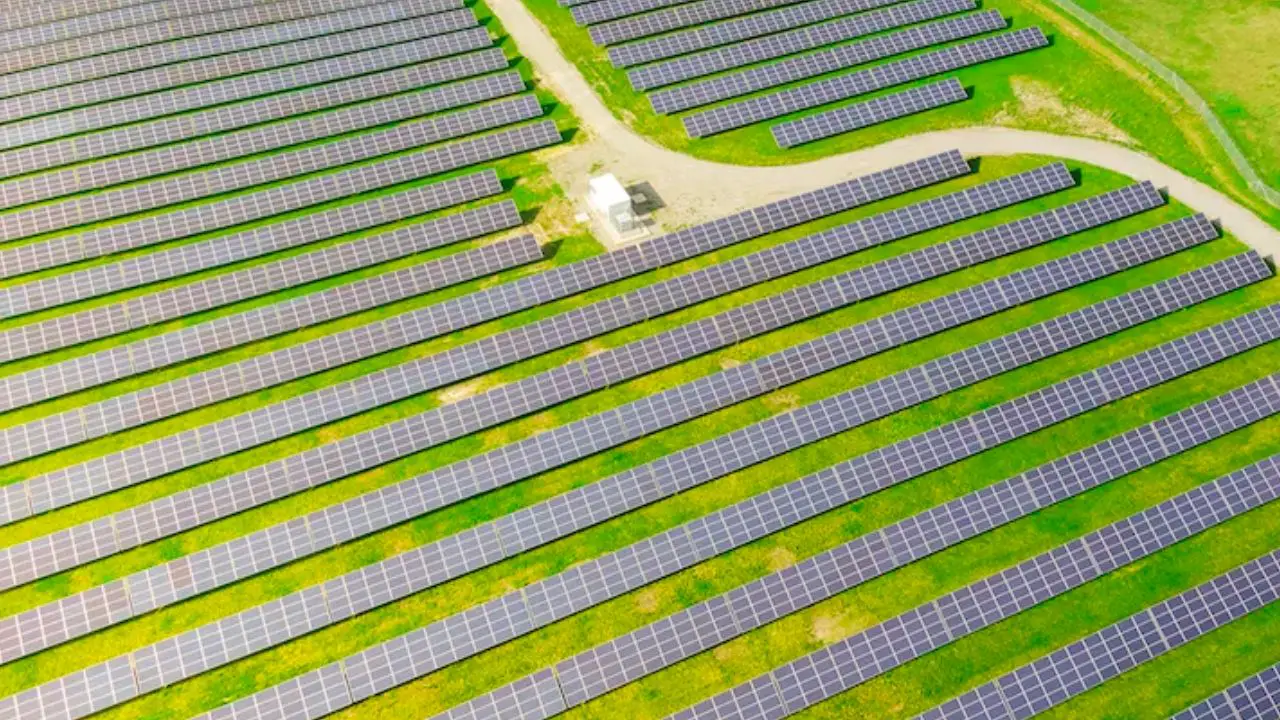What are the Potential Risks and Limitations of Solar Power?
Solar power, while eco-friendly, faces limitations such as dependency on weather, high initial costs, space requirements, and energy storage challenges. Despite these, technological advancements promise a bright future.

There's no denying that solar power is one of the most popular forms of renewable energy today. Its environmental benefits, long-term cost savings, and flexibility make it a compelling choice for powering everything from households to solar-powered camping gear to even my adorable solar garden lights. But as with any technology, solar power comes with its own set of potential risks and limitations. Let's dive in to understand them better.
Dependence on Weather
The most obvious limitation of solar power is its dependency on the weather. As you might guess, solar panels generate the most power on clear, sunny days. But when it's cloudy, raining, or snowing, their efficiency drops. And at night, they produce no power at all. Fortunately, this can be mitigated with effective storage solutions and using the power generated during sunny hours wisely.
Energy Storage can be Expensive
Solar power generation happens during the day, but we also need electricity at night. This necessitates an energy storage system, often in the form of batteries. But currently, batteries capable of storing significant amounts of solar power can be expensive and often require regular maintenance, which can affect the overall cost-effectiveness of the solar power system.
Installation and Initial Costs
Installing solar panels, inverters, and batteries isn't as simple as installing a bio-ethanol fireplace or a solar-powered water fountain. It requires professional installation and a sizeable upfront cost. However, with the falling prices of solar panels and growing financing options, this barrier is gradually reducing.
Space Requirement
Solar panels require a lot of space. The amount of energy generated is directly proportional to the size of the panel. So, for those living in apartments or houses with small rooftops, installing enough panels to meet their electricity needs can be a challenge. If space is a constraint, consider smaller solar-powered devices like garden solar lights or solar-powered toys which still allow you to partake in sustainable living.
Manufacturing and Recycling
While solar panels provide green energy, the manufacturing process is not entirely environmentally friendly. It involves the use of rare materials and generates waste. On the flip side, end-of-life treatment and recycling of solar panels are also issues that the industry needs to address.
Variable Energy Production
Lastly, energy production can be variable, depending on the location and direction of the panels. The amount of sunlight varies based on geographic location, time of year, and time of day, which can influence the efficiency of solar power generation.
Conclusion
Solar power, like any energy source, has its pros and cons. Its dependency on weather, the high initial investment, space requirements, and manufacturing process are significant limitations. Yet, considering the enormous environmental benefits and the fast-paced technological improvements in the field, solar energy remains a promising solution for a sustainable future. By understanding these limitations, I can make informed choices, just as I did when choosing the best fuel to use in my log burner.
After all, every source of energy, including solar, has its unique set of challenges and rewards.

